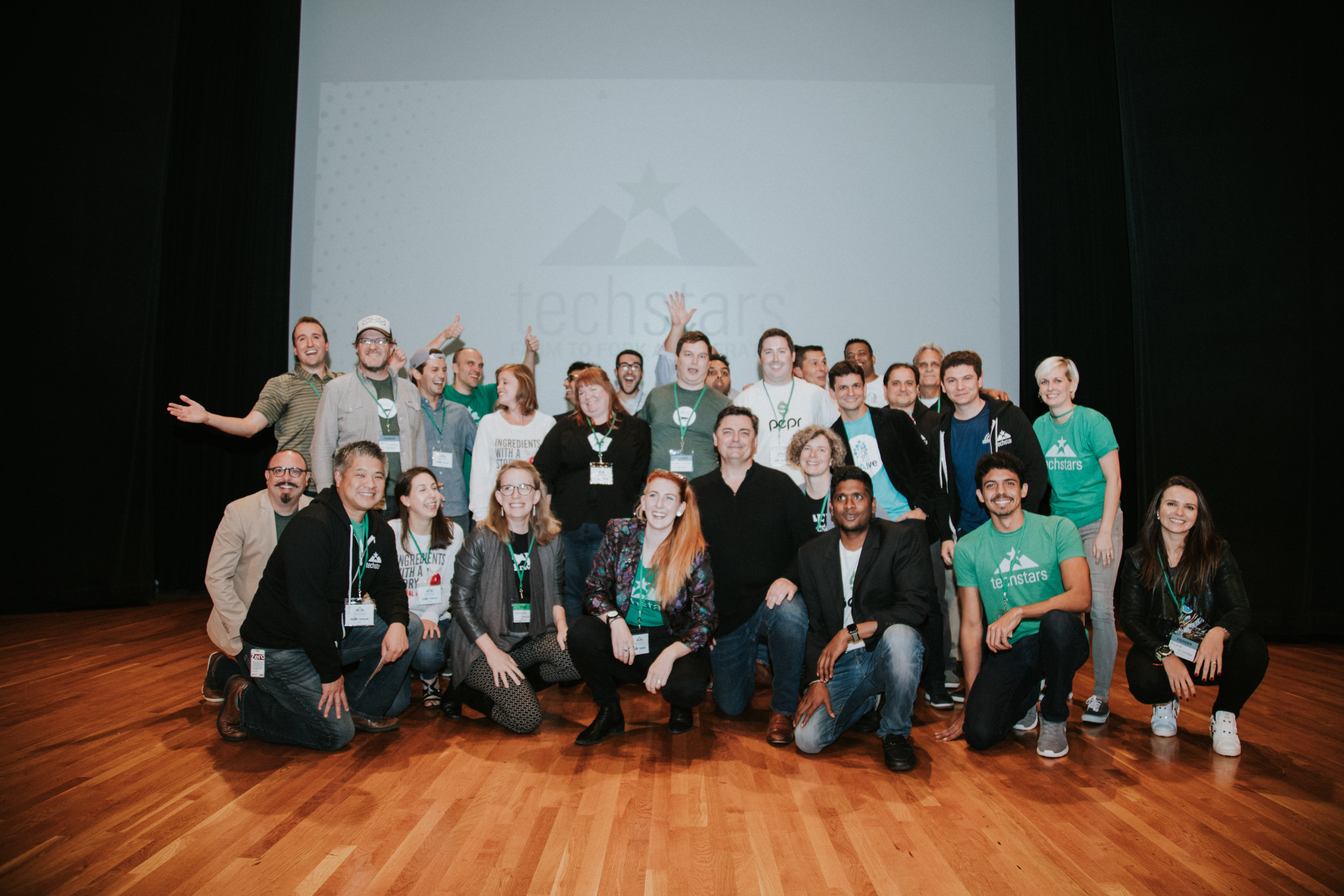Any entrepreneur knows that starting your own company isn’t easy, and sometimes it takes several tries to get your start-up off the ground, a struggle that Brett Brohl knows very well.
The serial entrepreneur, investor and Managing Director at Techstars, is planning to share his knowledge at Toronto’s upcoming Agri Tech Venture Forum. In preparation for his talk, Brohl gave Xtalks a sneak peek at his make it or break it list of things to avoid in order to become a successful entrepreneur in the agritech industry.
“We want to help entrepreneurs build big companies and we leverage a really strong mentor network of industry experts, corporations, and entrepreneurs that have built big companies and investors,” says Brohl.
Techstars is a worldwide network that helps entrepreneurs succeed, with 47 accelerators across the globe and investments in 1,700 companies over the last ten years.
Each accelerator program takes place over the course of three months, where 10 sets of entrepreneurs and young companies are put through a program that helps advance their business through mentorship, education, investment loans and marketing. Most businesses that make up Techstars companies are software, hardware or robotic early-stage tech companies.
Brohl oversees the Techstars Farm to Fork Accelerator program, which is unique for the company as it’s their first program to focus on the digital side of the food and agriculture industry.

“Every one of them is different. Some of them are getting business-to-business development opportunities out of the program, some of them are learning how to put organizational structure in place,” he explains. “A lot of them use the program as a way to help fundraise and learn how to become better at raising venture capital, and some just need help branding themselves.”
At this year Agri Tech Forum, Brohl will be using a unique framework to highlight ‘19 ways to kill your company.’ The concepts he plans to share are based on mistakes he’s made personally, as well as mistakes he’s witnessed other startups make in his 15 years as an entrepreneur and investor.
“Until you have been through a start-up or built a company, it’s really hard to know some of these things, it’s hard to understand some of the traps that you might walk into,” he says.
These include different themes such as finance, fundraising strategies and most importantly people, which branches into firing, hiring and partnerships.
“A big mistake people make is hiring for skill set, not for culture fit. This is a really big mistake that I’ve made personally and killed one of my companies with.” He continues, “There is a variety of things that we will get into a little more depth around; hiring, firing, even how to deal with co-founder issues, what do you do if you have the wrong partner?”
Money is a powerful tool when starting a business and knowing how to manage financial assets can either make or break the success of a startup. As the CEO of multiple, Brohl has built start-up companies both with and without raising capital. Using a variety of investment strategies such as venture captial, boot-strapping, and angel investing.
His assistance with managing diverse business portfolios makes him familiar with all the financial mistakes you should avoid along the way.
“Another theme is financing, so we talk a lot about how to avoid traps that will prevent you from keeping cash in the bank” he says.
Brohl thinks that the agritech sector is at an exciting and unique time for entrepreneurs in the food business.
“I one hundred percent think that food agriculture is an area that entrepreneurs will continue to innovate in because there is a huge opportunity in this space not only to build big companies but to also to make a huge difference in the world,” he says.
The Farm to Fork Accelerator program focuses on innovation in the food world through technology, which is still a relatively new space for venture capital. Although this area of innovation may experience limited investors, that will soon change, especially with the rising demands of transparency and traceability in the food industry.
“Over the last two years, we have seen food tech start to gain more publicity and interest from venture capitalists so doing things like this forum can continue to help raise awareness for the viability of startups in the space,” Brohl states.
For more on this topic, register for this year’s Agri Tech Venture Forum in Toronto here.












Join or login to leave a comment
JOIN LOGIN